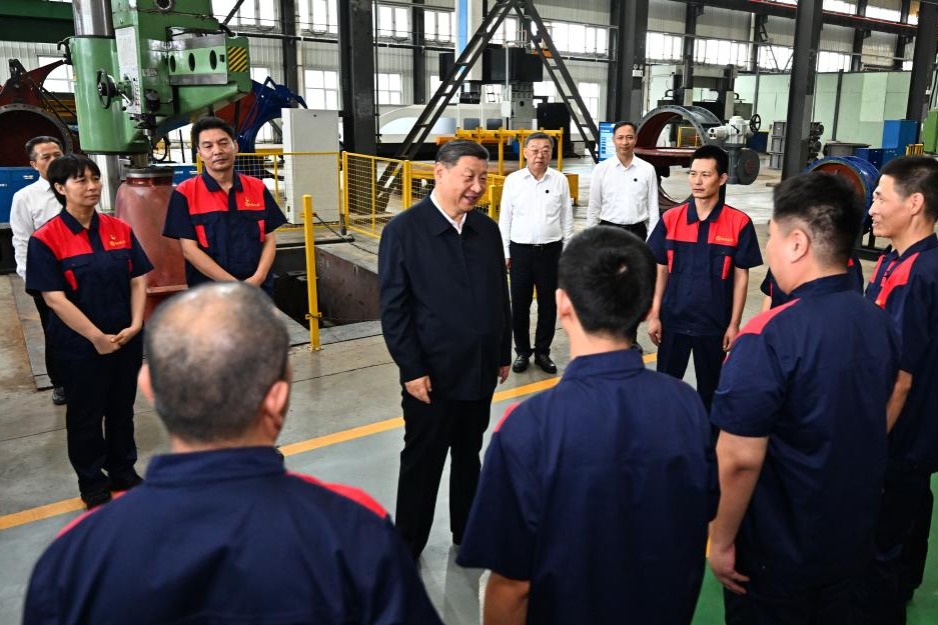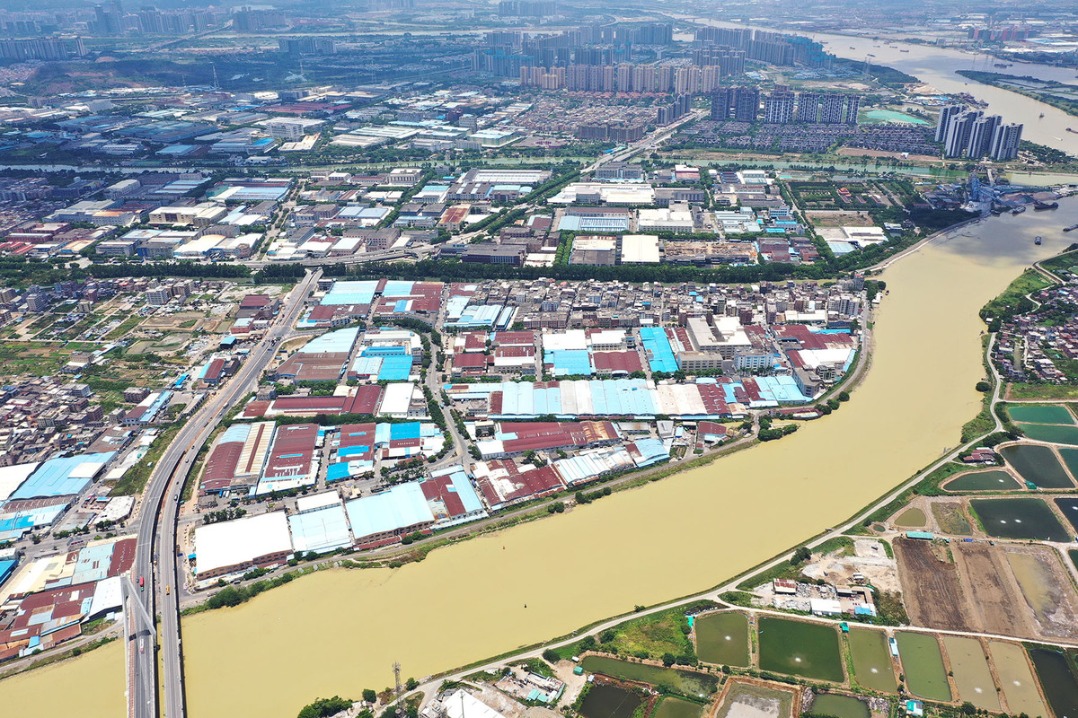Ripple's $RLUSD Stablecoin Tackles $685B Remittance Market With Onchain Efficiency
Every year, millions of people leave their home countries in search of better opportunities, often taking on difficult jobs far from their loved ones. In 2024 alone, migrants sent approximately $685 billion back to low- and middle-income countries.
In many cases, these transfers are what keep families afloat. And for over 80 countries, remittances account for more than 3% of national GDP, playing a crucial role in stabilizing local economies.
Right now, the process of sending funds across borders is often slow and expensive. Fees can eat up 6% or more of the money sent, and another problem is that some recipients may not have reliable access to financial services.
The Ripple Team has published an article explaining how stablecoin remittances can solve this problem.“When using stablecoins for remittances,” the article explains, “individuals can send payments directly to recipients without having to navigate legacy banking infrastructure.”
That means no more relying on traditional services like Western Union or MoneyGram, which often charge high fees and take days to complete a transfer.
Instead, Ripple paints a simpler picture: someone in the U.S. wants to send money to a family member in the Philippines. They purchase a stablecoin, such as RLUSD, through a digital wallet or crypto exchange. That digital dollar is then sent across a blockchain network directly to the recipient’s wallet, where it can be held, spent, or quickly exchanged into local currency.
In December 2024, Ripple introduced RLUSD, its enterprise-grade stablecoin, to improve how global remittances work. RLUSD operates under a New York Department of Financial Services (NYDFS) limited-purpose trust charter, and Ripple is seeking a U.S. national bank license, reinforcing its commitment to compliance.
Each RLUSD token is fully backed 1:1 by U.S. dollar deposits, government bonds, and cash equivalents.
Stablecoin remittances are already making a real impact around the world. Take Bitso, for example. This fintech platform uses USDC to make it faster and cheaper for people in the U.S. to send money to loved ones in countries like Mexico and Argentina.
Instead of relying on slow, traditional banks, these transfers happen almost instantly, saving time, money, and hassle for families who count on that support.
Even Visa is getting in on the shift. In June 2025, it expanded its stablecoin-based payment services to regions across Central and Eastern Europe, the Middle East, and Africa through a partnership with Yellow Card, a growing fintech company.
The goal? To modernize how money moves across borders and make everyday transactions easier and more affordable in emerging markets.
These use cases are helping fuel the growth of stablecoins, with the average amount in circulation rising by about 28% over the past year. In fact, in 2024 alone, stablecoins were used to move a staggering $27.6 trillion, more than the combined transaction volume of Visa and Mastercard.
With all this progress, there are still a few hurdles to overcome. A key challenge is making sure people can move between stablecoins and their local currency, something known as on- and off-ramps. Without reliable access to these, stablecoins are harder to use in everyday life.
Regulations around stablecoins are still taking shape and can look very different from one country to the next. In the U.S., the GENIUS Act has made it through the Senate and just needs one more step before it reaches the president’s desk.
As CNF has reported before, it would give stablecoin issuers the option to register at either the federal or state level, depending on how and where they operate. It’s a flexible approach that could make it easier for trustworthy issuers to grow while still staying within clear regulatory guidelines.
Recommended for you:
This article is provided for informational purposes only and is not intended as investment advice. The content does not constitute a recommendation to buy, sell, or hold any securities or financial instruments. Readers should conduct their own research and consult with financial advisors before making investment decisions. The information presented may not be current and could become outdated.
You may also like...
Diddy's Legal Troubles & Racketeering Trial

Music mogul Sean 'Diddy' Combs was acquitted of sex trafficking and racketeering charges but convicted on transportation...
Thomas Partey Faces Rape & Sexual Assault Charges

Former Arsenal midfielder Thomas Partey has been formally charged with multiple counts of rape and sexual assault by UK ...
Nigeria Universities Changes Admission Policies

JAMB has clarified its admission policies, rectifying a student's status, reiterating the necessity of its Central Admis...
Ghana's Economic Reforms & Gold Sector Initiatives

Ghana is undertaking a comprehensive economic overhaul with President John Dramani Mahama's 24-Hour Economy and Accelera...
WAFCON 2024 African Women's Football Tournament

The 2024 Women's Africa Cup of Nations opened with thrilling matches, seeing Nigeria's Super Falcons secure a dominant 3...
Emergence & Dynamics of Nigeria's ADC Coalition

A new opposition coalition, led by the African Democratic Congress (ADC), is emerging to challenge President Bola Ahmed ...
Demise of Olubadan of Ibadanland
Oba Owolabi Olakulehin, the 43rd Olubadan of Ibadanland, has died at 90, concluding a life of distinguished service in t...
Death of Nigerian Goalkeeping Legend Peter Rufai

Nigerian football mourns the death of legendary Super Eagles goalkeeper Peter Rufai, who passed away at 61. Known as 'Do...




